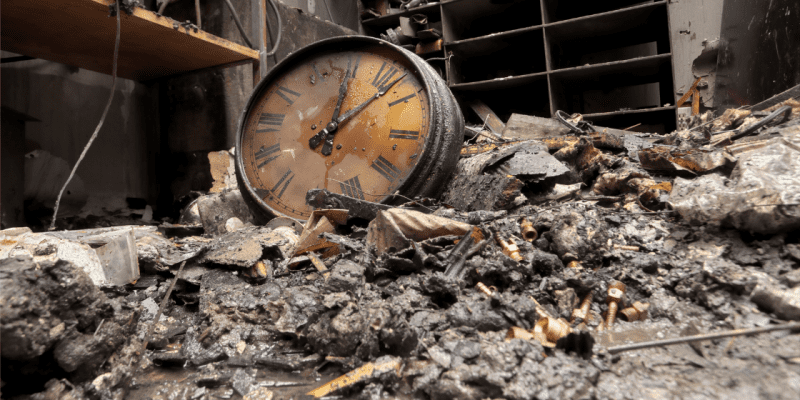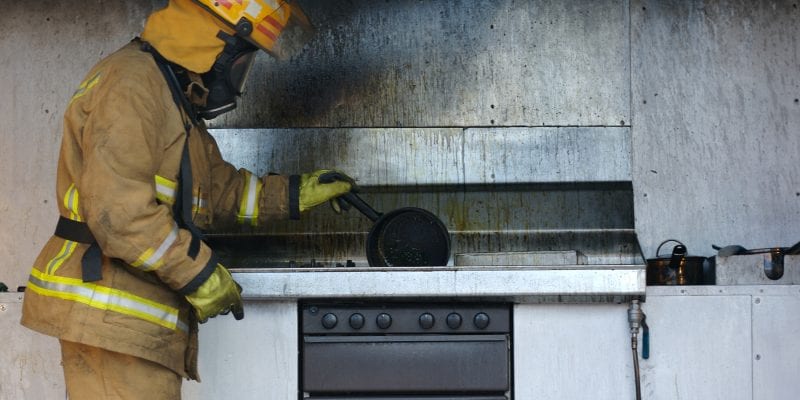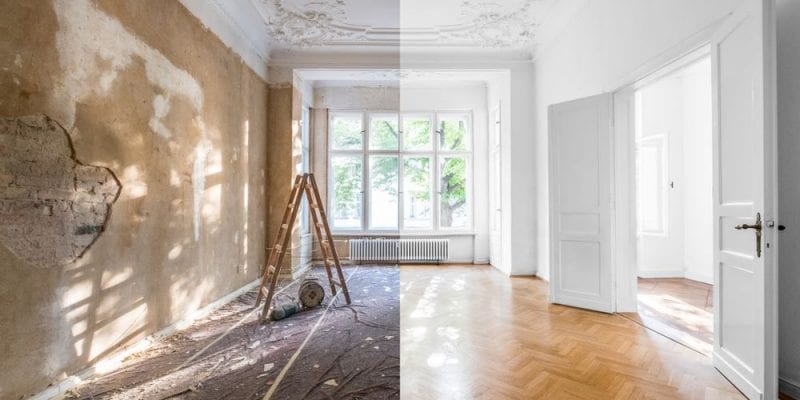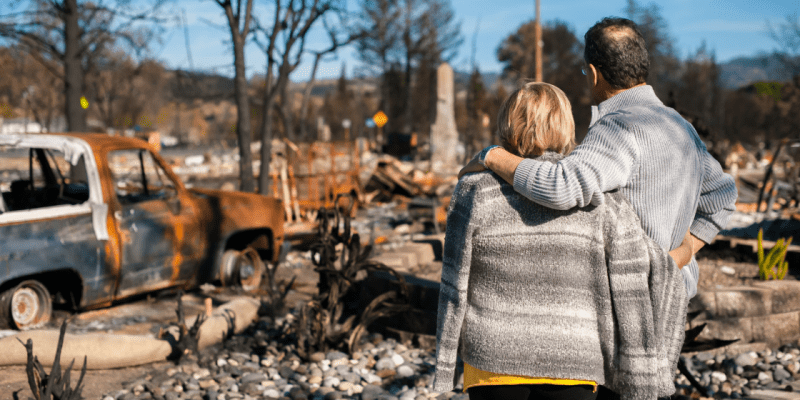It doesn’t seem that dangerous. It’s just the byproduct of a fire… maybe from a chimney, a furnace puff-back, even an over-zealous gas grill. When the fire is out, you should be able to clean up the soot residue easily, right?
Not so fast! Soot has some characteristics that everyone should consider before attempting to clean. Those who perform fire
damage work understand the dangers of soot. So do emergency personnel like firemen. In fact, outdoor soot is regulated by the EPA, classified as a criteria pollutant.
Consider these facts about soot.




